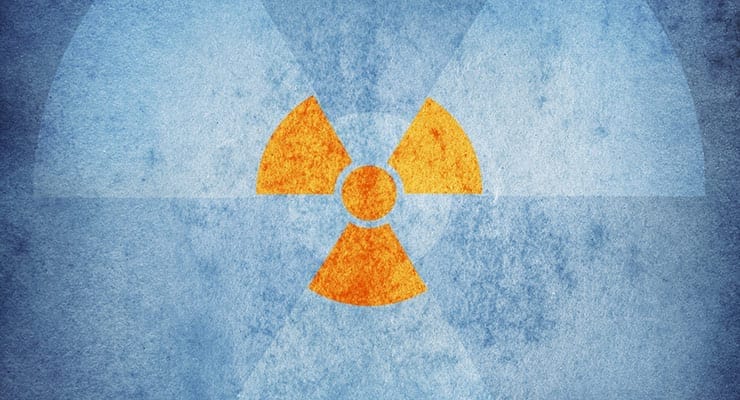The U.S. Food and Drug Administration (FDA) has approved the use of filgrastim (trade name Neupogen) to increase survival of people acutely exposed to high doses of radiation that damage the bone marrow, for example, as a result of a nuclear power plant accident or terrorist attack.
The agency’s decision was based largely on research funded by the National Institute of Allergy and Infectious Diseases (NIAID), part of the National Institutes of Health. These studies showed that the drug, which promotes growth of white blood cells, greatly increases survival in an animal model of radiation exposure.
Filgrastim is the first radiation medical countermeasure to be approved under FDA’s Animal Rule, a regulation that permits approval of some products based on efficacy testing in animals and safety testing in humans.
Filgrastim first received FDA approval in 1991 to ease treatment-related bone marrow damage in cancer patients and still is widely used for this purpose. Because testing of the drug’s ability to treat radiation-induced bone marrow injury could not be done ethically in humans, NIAID-funded researchers developed and characterized a macaque model of acute radiation injury.
With filgrastim, 79 percent of animals survived 60 days after radiation exposure, compared to 41 percent without the drug. The Neupogen group also experienced fewer infections. All animals were given standard supportive care, including fluids, antibiotics, fever-reducers and pain medication.
Based on these NIAID-supplied data, an FDA advisory committee concluded in May 2013 that filgrastim is reasonably likely to benefit humans exposed to high radiation levels. The March 2015 approval of the drug for this indication will improve access to filgrastim in the event of a public health emergency related to radiation exposure.


